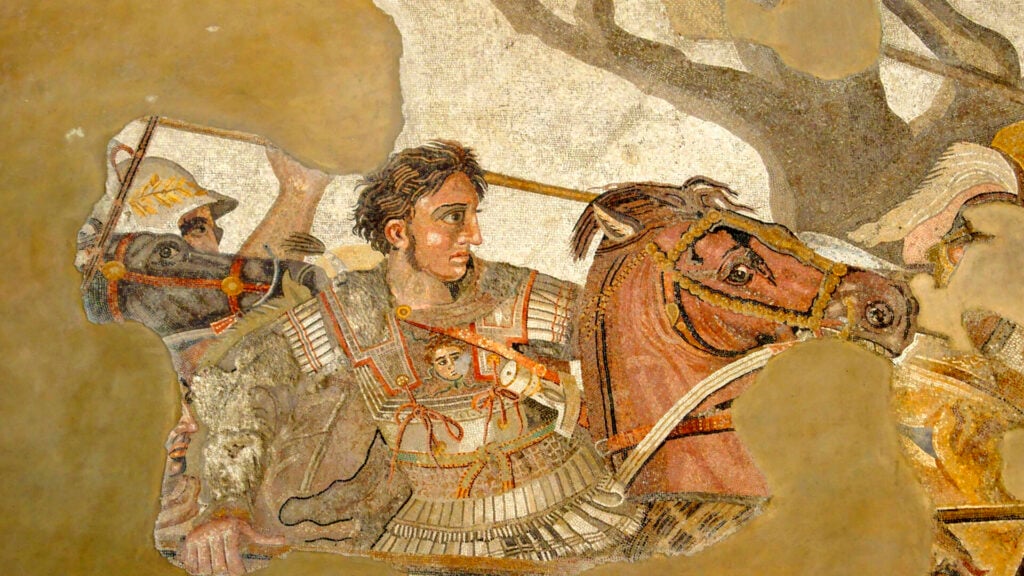For more than two millennia, the exact ground on which Alexander the Great first tested his destiny remained unknown. The Battle of the Granicus, fought in 334 B.C., was the young Greek Macedonian king’s opening strike against the mighty Persian Empire—a clash that set him on the path to legend. While ancient chroniclers left accounts of the fighting, the battlefield itself seemed to vanish into time.
Now, a team of Turkish scholars believe they have rediscovered it. Led by Professor Revhan Körpe of Çanakkale Onsekiz Mart University, researchers traced the footsteps of Alexander’s army across Asia Minor, combining geomorphological surveys with a fresh reading of classical sources. Their work points to the Biga Plain, near the modern city of Biga and the course of the Granicus River, as the true site of the encounter.
The landscape itself provided the key. Ancient writers described a marsh and a hill that played a role in the battle. Looking east of the marshes, Körpe’s team identified a hill where local farmers had long unearthed weapons buried beside human remains—echoes of the Macedonian dead whom Alexander, according to tradition, interred with their arms. In 2024, the discovery of an unmarked grave atop that hill lent further weight to the identification.
Another decisive clue emerged with the unearthing of Hermaion, an ancient city mentioned in the chronicles as Alexander’s last halt before the battle. Mapping Hermaion’s position allowed the scholars to reconstruct the Macedonian route: from Ozbek village through Umurbey and Lapseki, then south into the plain where the armies met.
It was here, on the banks of the Granicus, that Alexander, not yet 22 years old, hurled himself into combat. Riding at the head of his cavalry, he nearly lost his life before being pulled to safety by his companions. The Persians were broken, their Greek mercenaries scattered, and the way into Asia Minor lay open.
The victory was more than tactical—it was symbolic. In seizing the field, Alexander announced himself not merely as the heir to Macedon but as a conqueror destined to topple Persia and carry Hellenic power to the edges of the known world. It was from this moment, that his epithet “the Great” began to take root.
In the 13 years that followed, Alexander would unite the Greek city-states, shatter Darius’ empire, and carve out a dominion stretching from the Mediterranean to India. Yet it was on the plain by the Granicus, with his first triumph in Asia, that the course of world history began to turn.









